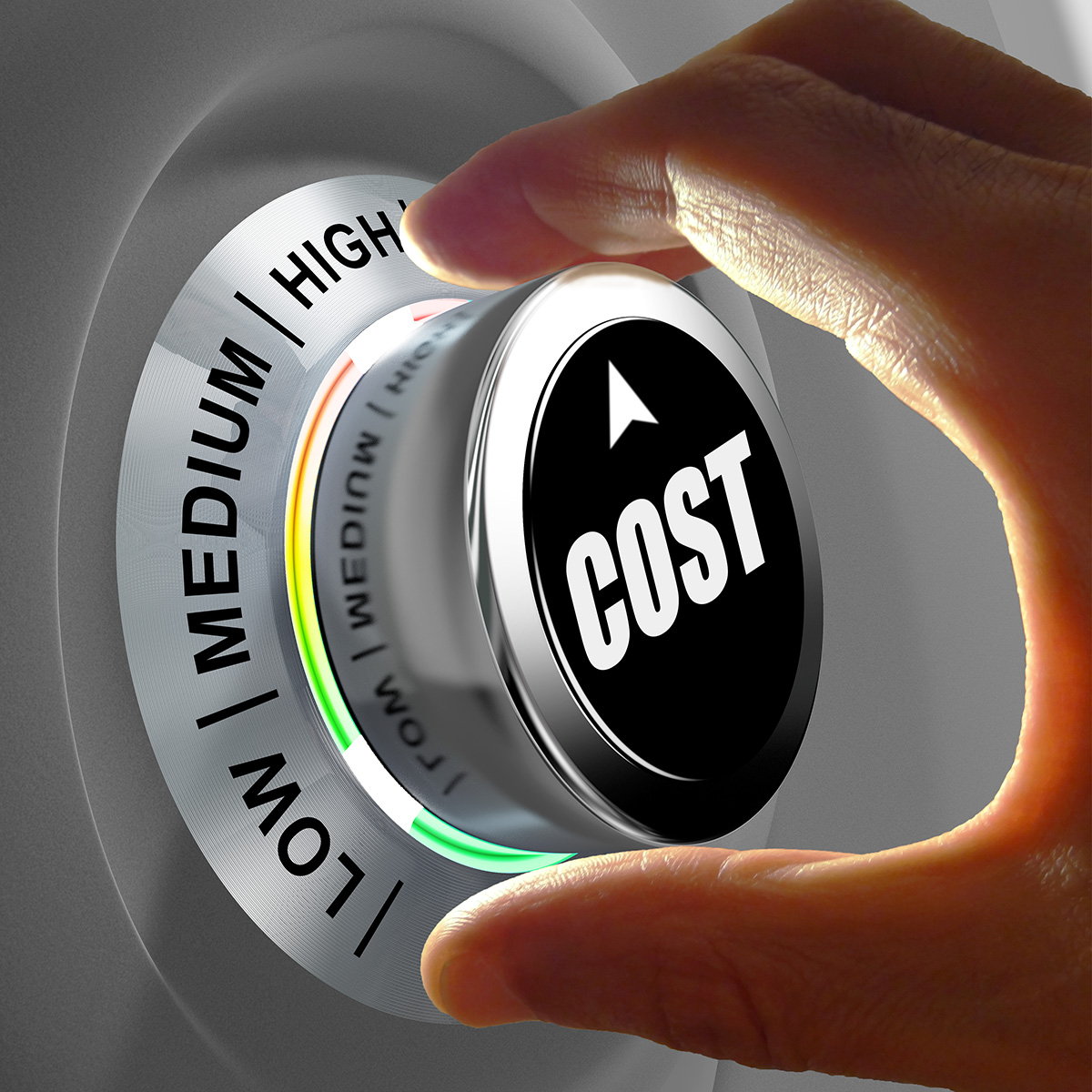It goes without saying that there are many factors that affect a domain’s value or price. Many factors are negatives to avoid while others will increase a domain’s value. In some cases, you may not even be aware why a particular domain may cost more, making its price seem outlandish. In reality, it may have a factor adding to its value that you may or may not care to pay extra for.
There are research steps you can do to uncover some of these factors, but others are in the name quality itself. You might think that would mean it’s priced higher because the domain is better for you, but that may not always be the case.
What factors might add a premium to a domain’s price?
1. High rarity, essentially “collectible”
Why would a domain like zxq.com be worth thousands of dollars? Because all 3-letter .com domains are. Yes, all 17,576 of them, even the junky-looking ones. Sure, the better quality ones that you may actually have an acronym for would cost more, but in general you’re paying extra for any 3-letter .com because of how rare they are and how sought-after short domains have become.
Sometimes, even particular letter patterns can see high popularity. Among 4-letter .com domains, the ones of the pattern consonant-vowel-consonant-vowel generally cost more than all the others. The reasoning is that many developed 4-letter brands like Nike, Coke, Sedo and others use that pattern. That said, sometimes it causes the price of even an average-looking one to be more than a really nice looking name using a different pattern.
2. High SEO metrics
An otherwise bad domain can be worth big bucks if it has great SEO metrics, such as numerous backlinks, high domain authority, or high Google page rank. SEOs and web developers everywhere scour expiring domains looking for ones with these metrics, looking to try and get easy Google rankings with it, or just set up a site and sell valuable links to others seeing the SEO juice their links would give.
Given page rank and domain authority can disappear rather easily if the higher authority links to the domain are taken down, it may not be something you want to pay more for. Consider that you can get a higher quality domain for the same price as an average or even mediocre domain with good SEO metrics.
3. Existing traffic
Certainly it’s best to focus on name quality over existing traffic for most domain buyers, but sometimes a domain you’re looking at buying for quality happens to have traffic and that’s adding a premium to its price. Traffic will almost always cause a seller to raise their price on the domain.
Keep in mind it may not even be traffic that would help your new business. Sometimes traffic is from old links to the domain when it had a different site on it. The traffic may not be targeted to what you want to do with the domain.
4. High domain age
We actually like high domain age and look at it ourselves when buying domains, but that doesn’t mean you do. There’s a chance the seller is asking more than you expect for a domain if it’s very old. In a way it’s similar to the rarity of extremely short domains, but highly aged domains can help with SEO and unlike page rank, has no risk of vanishing all of a sudden.
5. Being 1-word (specifically “dictionary”)
This isn’t ALWAYS the case, but commonly even bad dictionary words are priced at a premium. The thought is that even if it’s a bad word, you the potential buyer may find brandability in it. Also, some sellers legitimately don’t realize how bad a 1-word domain can be if it’s a rarely used word that can’t be used as a brand in any practical way.
6. A hyped-up extension
Opportunity seekers have dollar signs in their eyes whenever a new hyped up extension comes out. A large percentage of them will price the domains sky high in hopes of a serious buyer that really believes in the extension. This is part of why we warn you to watch out for this hype. You can easily end up with a worthless name after the hype dies down.
7. A lucrative generic term
Top-tier generic domains always tend to command the highest prices. Sometimes however, those domains aren’t used for their generic meanings (consider Taxi.com, used for music licensing and publishing). Usually it’s obvious a domain is a generic term, but sometimes phrases that sound more like a brand name are in fact searched for heavily, adding a premium to their price.
Granted, it’s a good thing to get a domain with a highly searched brandable term as you may be able to get some easy traffic upon launch. Bear in mind however the Taxi.com example – that search traffic is likely looking for taxi cabs and wouldn’t find what they want at that domain. You might pay more in a case like that than the brand would end up helping you.
There may be other reasons that a seller prices a domain higher than you may feel it’s worth, including being overly attached to the domain or patiently waiting for a highly motivated buyer with deep pockets. There’s no way you would know either of those things unless you spoke with them however, whereas the above factors you can figure out through research.
One last thing to keep in mind – just because a domain might be priced at a premium doesn’t mean it’s not the best domain for you, even if you’re paying a premium for something you may not care about. If you’re budget-conscious, it’s worth considering whether the added premium pushes it too high for you. Otherwise, the right domain often transcends any money cost as it will be invaluable to your business.
